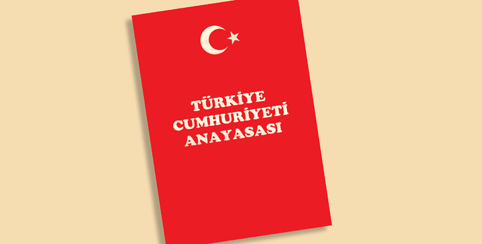Prospects
Prospects

Prospects of constitutional reform in Turkey
| Domestic PolicyTurkish politics is currently undergoing a heated political debate on the constitutional reform package (supported by Prime Minister Erdogan's ruling party), which is on its way to a referendum this Sunday. The package includes amendments to 26 articles of the current constitution along. In addition, it would eliminate the controversial Article 15, a ‘temporary' article that has been in the constitution since the 1980's, preventing the prosecution of officials involved in the military coup of 1980. All in all, Sunday's referendum is one of the ruling AK Party's clearest challenges thus far to Turkey's Kemalist establishment. Since the establishment of the Turkish Republic, four new constitutions have been adopted (1921, 1924, 1961, 1982) - the latest two were drafted after military interventions - and numerous amendments have been made. Since the most recent constitution was adopted in 1982, there have been 15 amendment packages, which have affected almost half of the constitution. As such, the debate on the present constitution is not exactly a new one for Turkey, as the public is quite accustomed to constitutional changes and the public debate they generate. To understand, then, why the current package has touched off such a firestorm in Turkish society and led to an intensified political atmosphere, it is important to consider both the ramifications that the current reform efforts has for the political system in Turkey and the historical context.
-
 Domestic Policy
Domestic PolicyTurkey, the Region and US-Turkish Relations: Assessing the Challenges and Prospects
A Brookings-SETA Policy Conference on Turkey University of California, Washington Center 1608 Rhode Island Ave, NW Tuesday, October 28, 2008
-
 Domestic Policy
Domestic PolicyTurkey Discovers Africa: Implications and Prospects
By Mehmet ÖzkanThere has been a revival in Turkey’s relation with Africa after 1998. Initially this revival came as a passive attempt, but after 2005 it became an offensive interest in developing relations with the continent. The recent Turkey-Africa Cooperation Summit marks the latest stage in Turkey’s keen interest in developing relations with Africa, and should be seen as a turning point if it is followed with concrete projects in political and economic fields. The key challenge, however, lies in the mutual lack of knowledge and familiarity between the two regions, coupled with general uncertainty regarding how to further relations.









